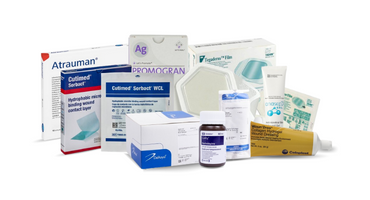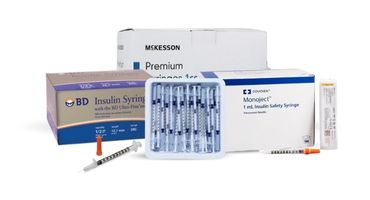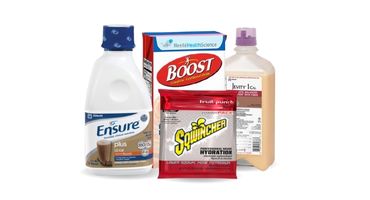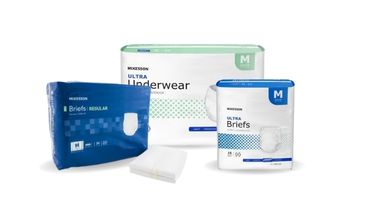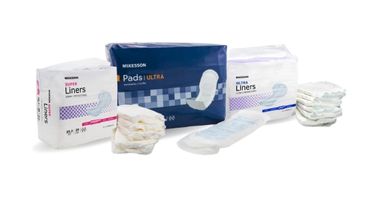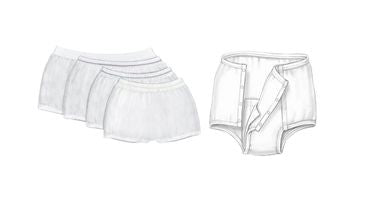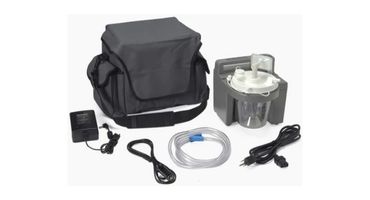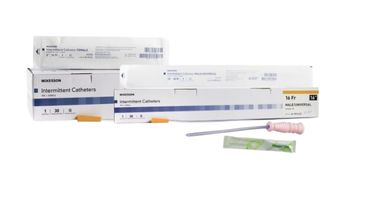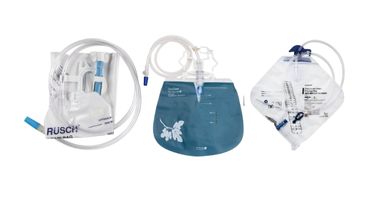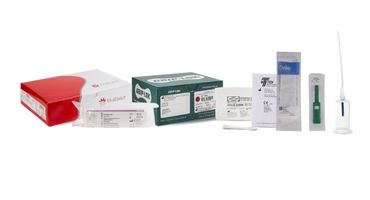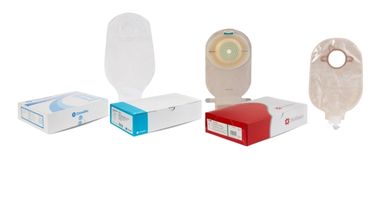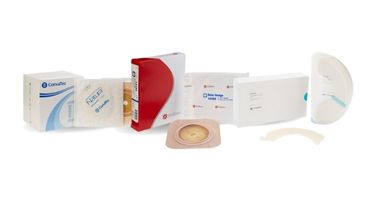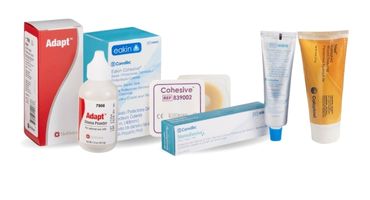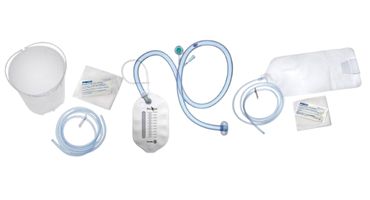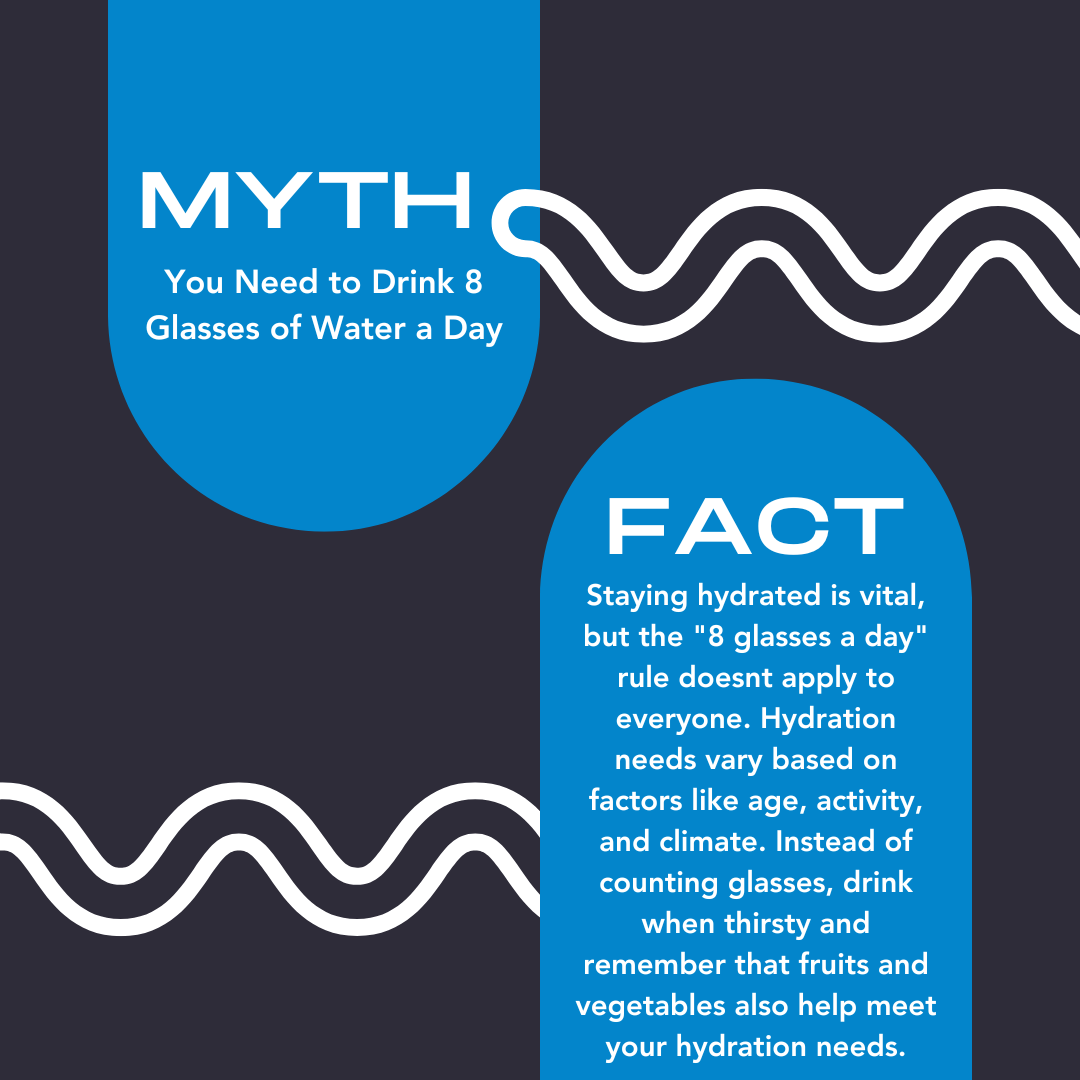In the world of health and wellness, misinformation spreads like wildfire. With so many sources claiming to have the "truth," it’s easy to get caught up in myths that can misguide your health decisions. Let’s set the record straight by debunking some of the most common health misconceptions.
Myth #1: You Need to Drink 8 Glasses of Water a Day
Fact: While staying hydrated is crucial, the "8 glasses a day" rule isn’t one-size-fits-all. Your hydration needs depend on factors like age, activity level, and climate. Instead of counting glasses, listen to your body and drink when you’re thirsty. Foods like fruits and vegetables also contribute to your daily water intake.
Myth #2: Carbs Are Bad for You
Fact: Carbohydrates are an essential part of a balanced diet. The key is choosing the right kind of carbs. Whole grains, fruits, and vegetables are excellent sources of complex carbs that provide long-lasting energy and nutrients. Avoid refined carbs like white bread and sugary snacks, which can lead to blood sugar spikes.
Myth #3: You Should Avoid Fat to Lose Weight
Fact: Not all fats are created equal. Healthy fats, like those found in avocados, nuts, seeds, and olive oil, are essential for brain function, hormone production, and overall health. Trans fats and excessive saturated fats, however, should be limited. Including healthy fats in your diet can actually support weight loss by keeping you full longer.
Myth #4: Eating Late at Night Causes Weight Gain
Fact: Weight gain isn’t about when you eat, but rather how much and what you eat. Consuming more calories than you burn is what leads to weight gain, regardless of the time of day. However, late-night snacking often involves unhealthy, high-calorie foods, so it’s best to be mindful of your choices.
Myth #5: Detox Diets Cleanse Your Body
Fact: Your body has a natural detox system—your liver and kidneys do an excellent job of removing toxins. Most detox diets and juices are marketing gimmicks that don’t offer additional health benefits. Instead, focus on eating a balanced diet, staying hydrated, and getting enough rest to support your body’s natural detoxification processes.
Myth #6: You Can Spot-Reduce Fat
Fact: Spot-reducing—targeting fat loss in specific areas of the body—is a myth. Fat loss happens uniformly throughout the body when you create a calorie deficit through diet and exercise. Strength training can help tone specific areas, but it won’t exclusively burn fat from that region.
Myth #7: Supplements Can Replace a Healthy Diet
Fact: Supplements are not a substitute for a nutritious diet. They’re designed to fill in gaps, not replace whole foods. Rely on a diverse diet rich in fruits, vegetables, lean proteins, and whole grains for your nutrients, and use supplements only as directed by a healthcare professional.
Final Thoughts
Health myths can lead to confusion and even poor choices, but staying informed is the first step to making better decisions. Always seek information from reputable sources, consult healthcare professionals, and remember that a balanced, personalized approach to health is the best path forward.
Here are reliable sources:
-
Myth #1: You Need to Drink 8 Glasses of Water a Day
- Mayo Clinic: How much water do you need?
- Harvard Health: Staying hydrated
-
Myth #2: Carbs Are Bad for You
- Harvard T.H. Chan School of Public Health: The Truth About Carbs
- Cleveland Clinic: Good Carbs vs. Bad Carbs
-
Myth #3: You Should Avoid Fat to Lose Weight
- American Heart Association: Dietary Fats Explained
- WebMD: Good Fats vs. Bad Fats
-
Myth #4: Eating Late at Night Causes Weight Gain
- National Institutes of Health (NIH): Does eating at night cause weight gain?
- Harvard Health: Weight gain and meal timing
-
Myth #5: Detox Diets Cleanse Your Body
- National Center for Complementary and Integrative Health (NCCIH): Detox Diets
- Cleveland Clinic: Debunking Detox Myths
-
Myth #6: You Can Spot-Reduce Fat
- American Council on Exercise (ACE): Spot Reduction Myth
- Healthline: The Truth About Spot Reduction
-
Myth #7: Supplements Can Replace a Healthy Diet
- Harvard Health: Do you need supplements?
- National Institutes of Health Office of Dietary Supplements: Dietary Supplements Overview
Have a health myth you’d like us to debunk? Share it in the comments below!

